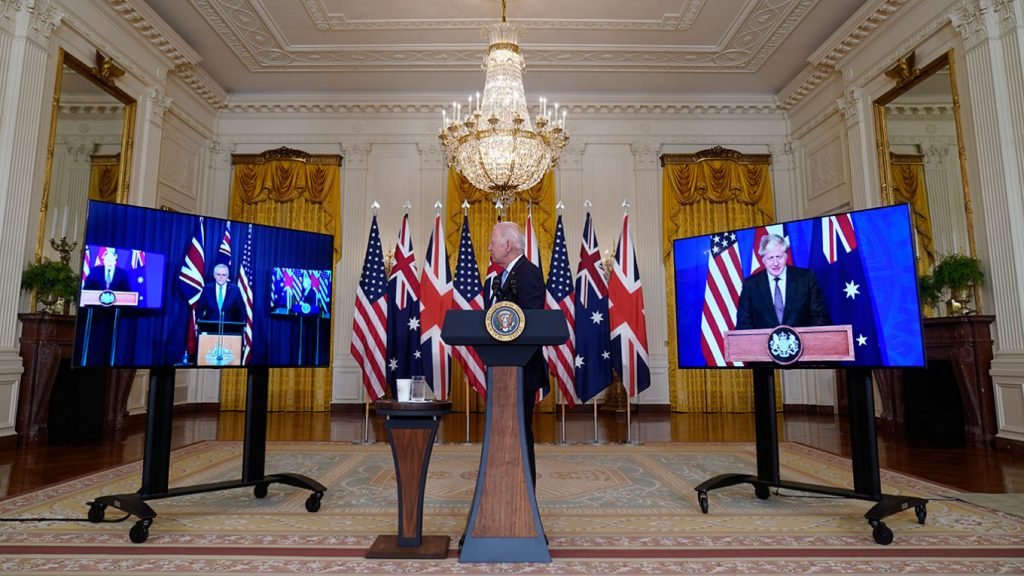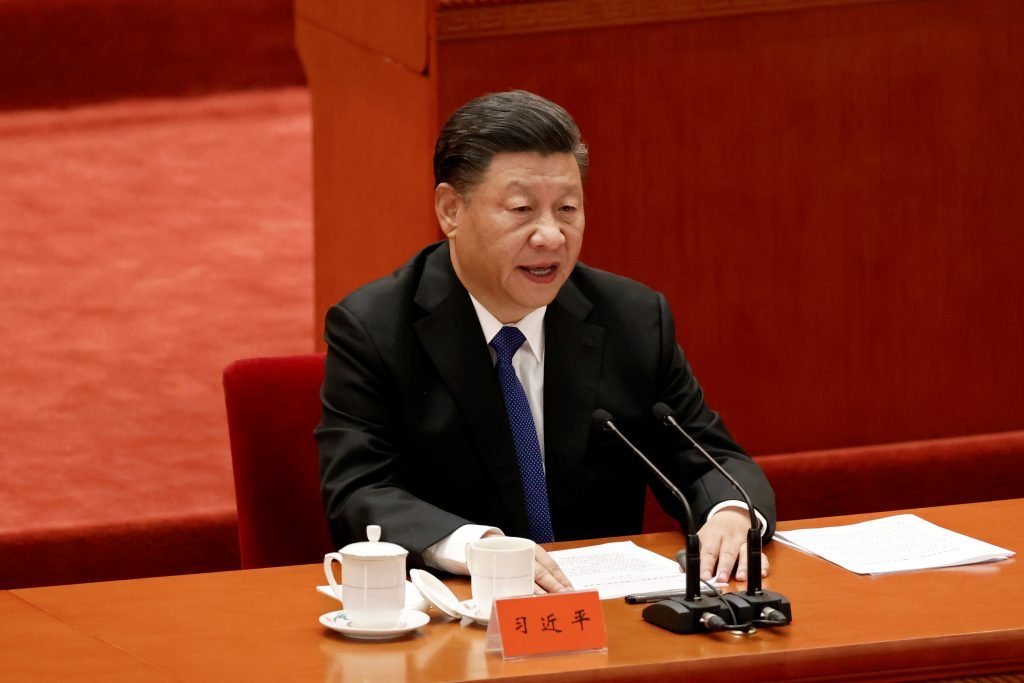Why is China engaging the Taliban?

Kabul falling to the Taliban siege snuffed out the last ray of hope to witness political stability and a smooth power transition in Afghanistan. The unilateral US decision of withdrawal from Afghanistan without presiding over a political solution to the stability crisis had made the writing on the wall evident: as soon as the United States moves out, the Taliban would step in; the Afghan Army on its own would be utterly unable to hold out for long. Yet, the prophecy was borne out sooner than expected leaving the world in a quandary about how to associate with a state, previously mired and now ruled, by a terrorist group. Amidst such a scenario some countries have proceeded to engage with the Taliban while withholding recognition, subjecting that to the future conduct of the Taliban regime. China has been among the few foremost countries supportive of the Taliban government for reasons that are partly political; partly economic; and partly diplomatic, designed to improve its standing in the eyes of the world.

At the political level, even before the Taliban took control of Kabul China had hosted a nine-member delegation headed by the Taliban co-founder Ghani Baradar in Tianjin describing the Taliban as “a pivotal military and political force” in Afghanistan. This move ensured the Taliban of China’s support in return for the Taliban’s cutting-off ties with all extremist groups especially the East Turkestan Islamic Movement(ETIM) believed to have been assisted by the Taliban in the past. China’s main worry is that its restive province of Xinjiang which shares a narrow border with Afghanistan through the Wakhan Corridor will become more difficult to tackle if the Taliban extends support and safe harbour to ETIM insurgents in Afghanistan. China alleges that many Uyghurs in Afghanistan are part of the ETIM which is alleged to have been engaged in secessionist activities against the Chinese mainland and which has led to a redoubling crackdown on Uyghurs in Xinjiang with some hundreds of thousands, according to Amnesty International, put in prisons and perhaps one million or more in internment camps. Signalling a major diplomatic win for China, the Taliban declared withdrawing support for ETIM and other militant organizations stationed in the country. In return, China has extended 200 million-Yuan including three million vaccines, food supplies and other necessities in aid to the Taliban for reconstruction purposes of war-torn Afghanistan. China has also called out the United States on freezing Afghan assets in US banks and international accounts and requested the lifting of sanctions against the Taliban-administered Afghanistan, signalling its recognition of the legitimacy of Taliban rule. With such generous gestures, China has earned the goodwill of the Taliban and the latter can be expected to be sincere towards China’s concerns about not harbouring forces inimical to Chinese security.

Diplomatically, China gloats at the dent suffered by the United States in its image as an upholder of counterterrorism-first due to its abysmal handling of the war in Iraq and now in Afghanistan. It terms the United States as an unpredictable ally and a declining superpower bolstered by mishandling of the COVID-19, the signing of the Australia-US-UK (AUKUS) nuclear submarine deal that left close allies (read France) fuming, and now the Afghanistan fiasco. Alternatively, China’s aid for Afghanistan shows itself as a responsible power and enhances its diplomatic standing.
At the economic level, China can be expected to be a major investor in Afghanistan with much of the western world leaving the country in limbo after the Taliban onslaught. With key ministerial positions in the Taliban cabinet occupied by the US and UN-designated international terrorists, the main concern of the West would be the prevention of terrorism emanating from Afghanistan’s soil. This would leave the field relatively open and uncontested for China to eke out favourable deals with the Taliban given that China is economically strongest among the powers currently engaging with Afghanistan positively. Although technologically backward, Afghanistan is a treasure trove of various mineral deposits worth around $3 trillion such as iron, copper, lithium, rare earth and chromium among others. With such valuable resources, Afghanistan would surely emerge as a major investment destination for Chinese conglomerates once security is restored. China has already decided on areas that are suitable for Chinese investment. The Global Times, for instance, lists out infrastructure construction, agriculture and power sectors as possible areas for investment cooperation. China has overcapacity in the infrastructure-construction sector with expertise in building roads, railroads and pipelines and can assist Afghanistan with the building of transport connectivity necessary for conducting trade and investment. There is also the possibility of infrastructure investment through the Belt and Road Initiative (BRI) as the Taliban is supportive of such proposals. The Taliban also contemplates recommencing the copper-extraction project in the Mes Aynak mines that was signed with a consortium of Chinese companies back in 2008 but which never really took off due to the volatile security situation and the huge royalty payments demanded by the then Afghan government. Further, the China town office building in Kabul is planning to open an Afghan institute to tap into possible investment sectors. However, building critical infrastructure and mineral extraction would be contingent upon the stability situation in the polity. In the long run, to ensure a stable society China would also require to invest in the social infrastructure of the country by building schools, houses and hospitals to create a dependable workforce for working on Chinese projects and to wean them off from terrorism and drug trade.
Is the road to building strong bilateral relations easy?
China realizes that its engagement with the Taliban is not without problems. Although the Taliban has assured the world of not allowing any insurgent group or radical forces to use Afghanistan’s soil for targeting other countries, ensuring such a ground reality is easier said than done. Afghanistan is surrounded by several unstable republics that were pocked with caves and blind alleys it is easy to avoid detection. Several Islamic State affiliates such as the ISIS-K and the ISIL (known famously by its Arabic name the Daesh) have in the recent past claimed responsibility for a spate of attacks against Afghan civilians taking advantage of their vulnerability as scores attempted to flee the country. Although the Taliban needs the Afghanistan economy to prosper to create a legitimate image for itself for which China’s investment is crucial, China is still unsure of how to construct long-term plans for economic investment given the present volatile security situation prevailing there.

Further, like in Pakistan, too much proximity to Afghanistan can get China entangled in Afghanistan’s messy politics. In the recent Tehreek-e-Taliban Pakistan (TTP) suicide attack in Pakistan, ten Chinese engineers lost their lives while progressing to the Dasu hydropower dam project site. The TTP claims no hostility to China but warns it not to meddle on Pakistan’s behalf. But on the other hand economic cooperation can come only by paving the path to security which in Afghanistan has been currently torn asunder by prolonged drought, violent regime change and associated instability. China is wary that every power that in the past had invaded or became too involved in Afghanistan had learned the hard way that Afghanistan is a graveyard of empires where, as enunciated by Stephen Tanner, “entering [is] a simple task; holding it” is “quite another”. China has a tough balancing game to play deciding how much to interfere.


















